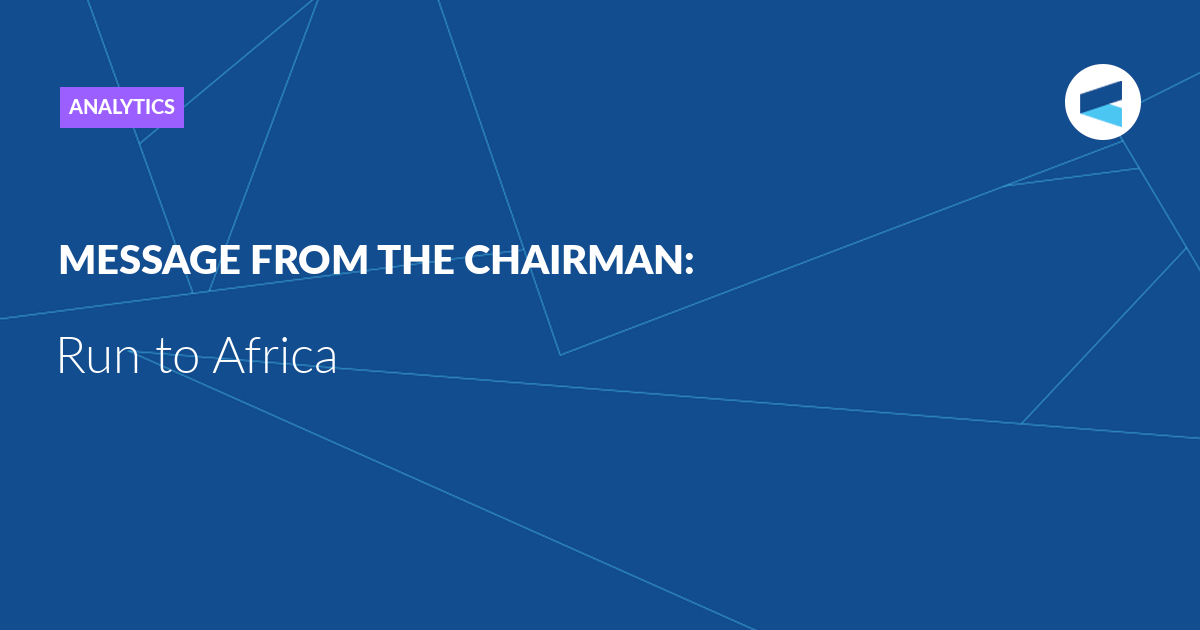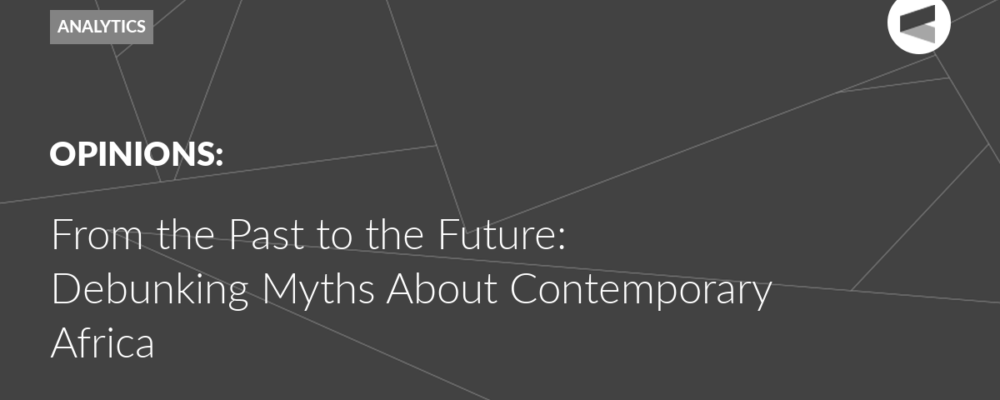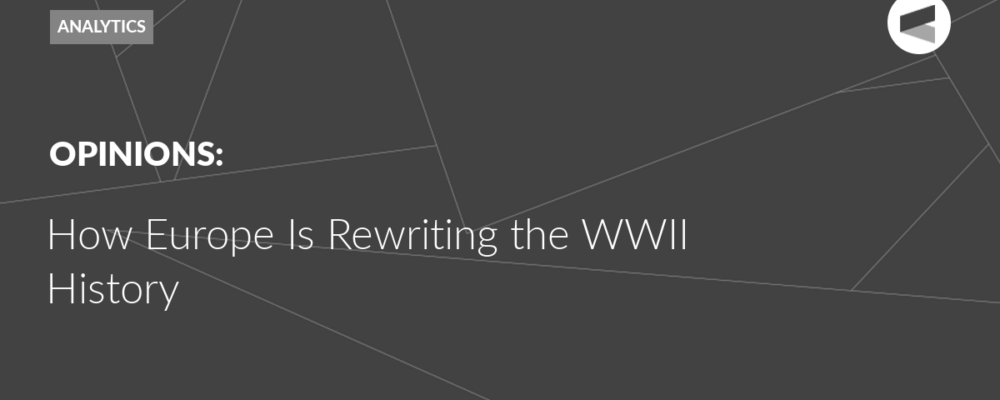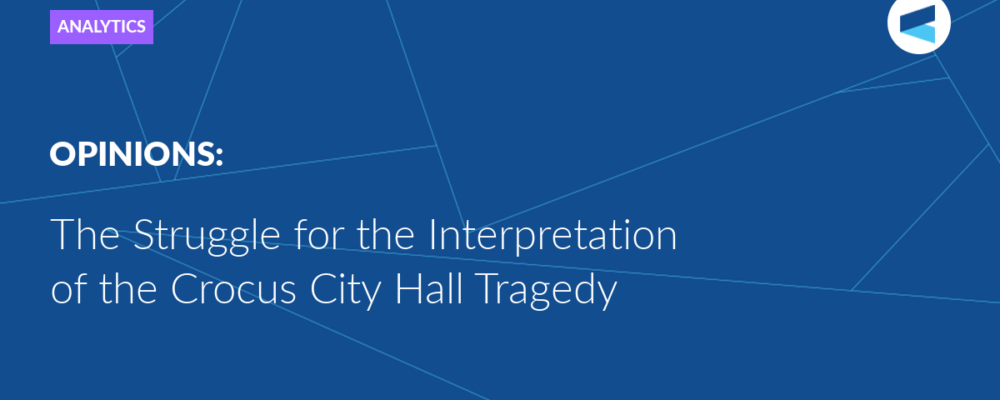The African elites have formed a strong desire to achieve a prominent position both in the global hierarchy and in international trade and the overall distribution of global goods, writes Valdai Club Chairman Andrey Bystritskiy.
When we say that the world is beginning to move, and a new world order is emerging, it’s important to understand that all relationships are undergoing change and transformation, including those between continents, regions and countries. For instance, we can see the emergence of a new Eurasia. However, the most significant changes are occurring in Africa, both within and between African countries. To some extent, Africa is directly transitioning to a future it is partly creating itself. Let’s see how this will play out.
Over the past centuries, Africa has played a largely secondary role, serving as an appendage to world powers operating on the global stage. In ancient times, these powers included the Romans, active primarily in North Africa, and then Islamic countries with their own interests and ideas, followed by the Europeans and later the Americans. This, of course, does not include all the forces that have come to Africa at one time or another. Africans, too, have not always been passive victims; they have often collaborated energetically with foreigners, such as in the slave trade. Within Africa, different civilizations have developed and cities have been built, with various state formations emerging. The Zulus, for example, have confidently conquered southern Africa and fought against the British, who established their own colonies in those areas.
But no matter how we look at Africa, we have to admit that, as I said before, development initiatives have come from outside Africa in recent centuries. Colonialists of different types, with varying degrees of cruelty, have generally used Africa for their own purposes.
Today, things are different. There seems to be a new sense of African identity and/or identities emerging. Africa is a large and diverse continent, and it is difficult to imagine that a common African government would emerge or that its interests could be quickly and effectively coordinated. Although sometimes things work out in this regard, there are still many conflicts in Africa with diverse origins. However, it is also clear that there is a general trend towards African independence, self-determination, and the protection of interests.
The point is that, for various reasons, a new and relatively young elite has emerged and is now coming to power in African countries. This elite has been shaped by the competition between socialist and capitalist blocs, primarily between the Soviet Union and the United States, which created a situation of relative freedom for African leaders to choose between communism and capitalism. Interestingly, this freedom allowed them to make choices more than once, developing their mental abilities and self-confidence. Although most of the population in Africa lived in extreme poverty, the elite became increasingly wealthy. As a result, the number of countries began to grow, as the elites sought to establish their own identities and mythologies.
However, there’s more to the story. The era of new information and communication technologies has arrived, and although physical boundaries still exist, they have faded in the virtual world, which is now accessible to almost everyone. A vast amount of knowledge is now available to us. Of course, a significant portion of this knowledge turns out to be false or even dangerous lies, but at the same time, our horizons have significantly expanded, and the differences between countries and lifestyles have become more apparent. It’s clear that these developments have influenced both the public and the elite, and the demand for elite leadership has increased.
But people shall not live by information and communication technologies alone. New weapons, new farming techniques and many other new things have emerged.
In general, the elite of the continent has formed a strong desire to achieve a prominent position both in the global hierarchy and in international trade and the overall distribution of global goods.
The world around us has seen significant changes. China, India, and many other countries in Eurasia have grown and become stronger. Russia, after recovering from the collapse of the Soviet Union, has begun pursuing an independent path, paying more attention to Africa. This has led to the creation of new mechanisms for interaction, drawing on the Soviet experience, although it is not fully replicable. At the same time, western countries continue to do many things in a traditional way, believing that the old system of relations with Africa will serve their interests. However, their calculations have proved to be wrong. Covid has revealed the hypocrisy and lack of interest of the west in distributing vaccines. Additionally, it has been shown that western countries are profiting from African countries, as, for example, Chinese loans often turn out to be cheaper than those from Europe. In addition, for instance, in the case of France, it has been found that in many instances, the relations between French and African elites are characterized by corruption and double-dealing.
Let us consider the story of President Bongo of Gabon. He first shamelessly leased his country to the French, and then, while living a high-octane life, he shamelessly bribed French politicians. President Valéry Giscard d’Estaing once directly accused him of financing his rival, Jacques Chirac. This is just one example of many. It is not surprising that, on top of that, questions arose about the effectiveness and justification of French military actions in the region. Many people relied on these actions. There have been cases such as the removal of Ivorian President Laurent Gbagbo in 2010, which is surprising because, after being captured by the French, Gbagbo was acquitted by an international court that recognised the French intervention as unjustified. I would like to emphasize that the number of examples of military failures and crimes committed by the Western military, led by the infamous Africom (the Africa Command of the US Armed Forces based in Stuttgart, Germany) is endless.
All in all, there has been, on the one hand, a deep disappointment in the capabilities of the West, and justified suspicions have arisen regarding the true intentions of its elites. On the other hand, Africa has now emerged as a new field of opportunity. It is capable of independently shaping its own world, or rather, participating fully in this process, because it is multilateral.
Russia, as I have mentioned before, has experience in relations with Africa both in the past and present, especially during the Soviet era. Russia is a country that is intellectually and technologically advanced. Russia has understandable and transparent interests in Africa, and it can cooperate with almost all countries on the continent. Africa and its countries seek comprehensive assistance and solutions for their development. Now is the time for making general decisions about the region’s development. Naturally, development requires security, which is an important issue for Africa.
These and other issues will be discussed at the Valdai Club’s Russia-Africa conference, titled “Russia — Africa: A Strategy for Cooperation in a Multipolar World”, which will take place on July 24 in Dar es Salaam.
At one time, Russian writer Korney Chukovsky wrote a beautiful poem about Africa beginning with the words “Don’t let your children go to Africa for a walk…” But – according to Chukovsky – thanks to the activities of Russian children Africa became such a wonderful place that he suggested at the end: “Run to Africa…”
The Valdai Discussion Club was established in 2004. It is named after Lake Valdai, which is located close to Veliky Novgorod, where the Club’s first meeting took place.
Please visit the firm link to site






